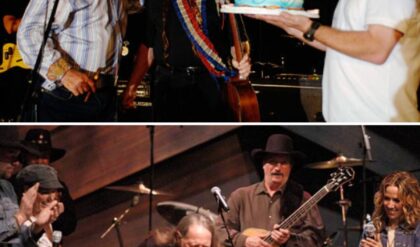Spoken at a pivotal moment in Prime Video’s Fallout show, “war never changes is a phrase full of meaning and one with a long history in the franchise.
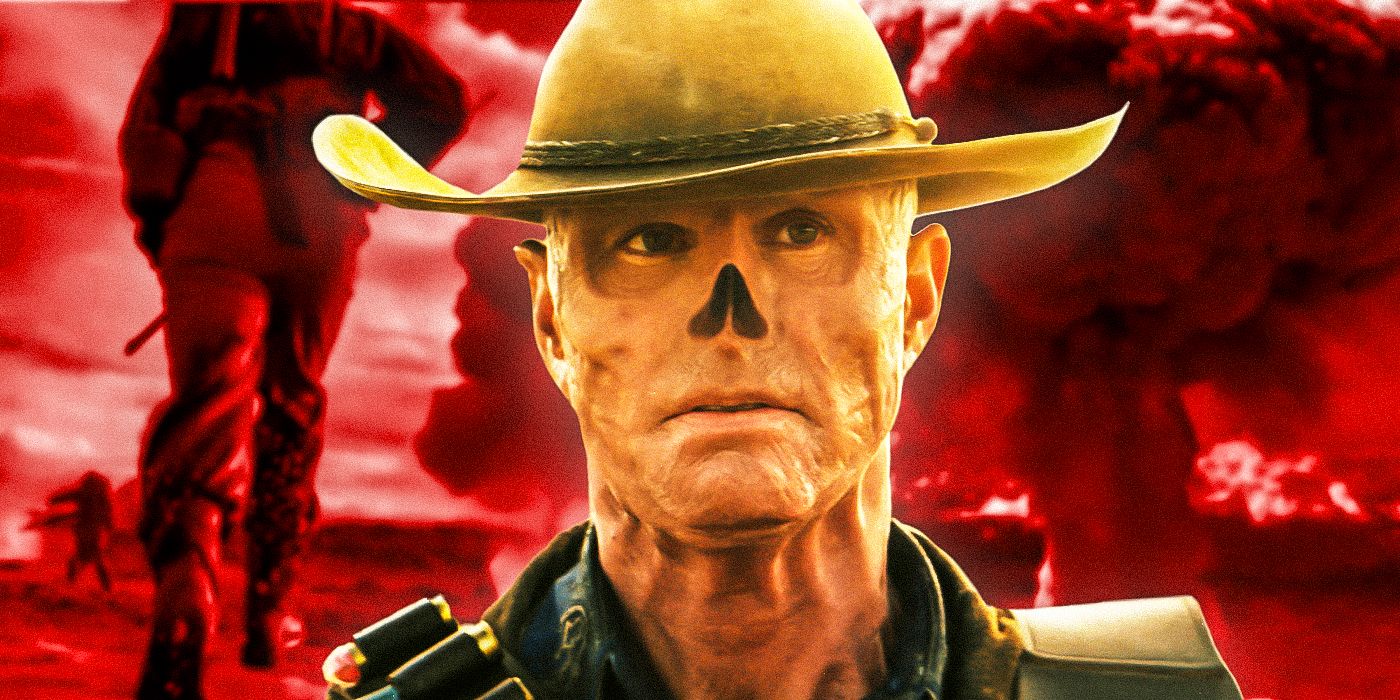
“War never changes” is a phrase full of meaning in the Fallout franchise. Spoken by two different characters in the show, the line was used at a key moment in Prime Video’s series, which is perfectly in line with the significance it holds in the games. Said first by Cooper Howard early on in the show, it was later repeated by Barb Howard in the Fallout season 1 finale as part of a wider argument about the company’s goals.
Barb’s use of the phrase came during a pivotal scene in the series. At a Vault-Tec meeting attended by representatives from a handful of major corporations in Fallout’s world, she and Bud Askins were struggling to get Vault-Tec’s mission across to the other executives, who were quick to voice their doubts about the vaults, the purpose behind them, and their overall practicality. Seeing that Bud was losing control of the meeting, Barb took over, launching a passionate speech that culminated in the character uttering those three iconic words from the Fallout games, this time with more meaning than ever.
The History Of “War Never Changes” In The Fallout Games Explained
It began with Ron Perlman in the first Fallout game
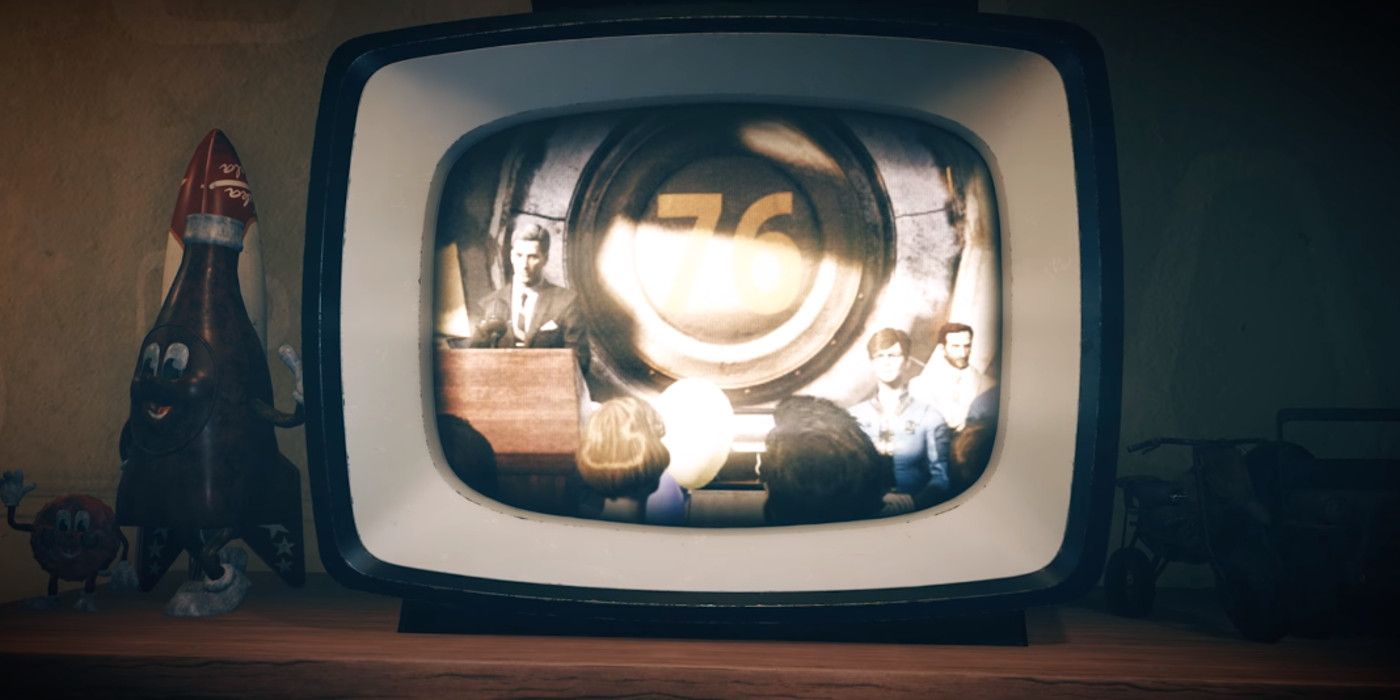
Similar to how “War never changes” was said more than once in Fallout season 1, it’s seen multiple uses in the franchise. The line is first credited to actor Ron Perlman, who narrated the intro of the first Fallout game, all the way back in 1997. In fact, it was the opening line of the game, as Perlman’s narration kicked off with, “War. War never changes,” before leading into a brief discussion of past wars, including those started by the ancient Romans and the Nazis. This ultimately created a trend, as the games similarly used the line to begin the cinematic introduction sequences of Fallout 2, Fallout 3, Fallout 4, Fallout: New Vegas,Fallout 76.
The line is closely associated with Ron Perlman, considering that the actor has said the line in every main entry, with the exception of Fallout 4. In that case, it’s the male protagonist that narrates the line at the beginning of the game. In addition to serving as the game’s opening line, it’s also the name of the prologue that begins the player’s journey with the start of Fallout’s apocalypse in 2077. It appears yet again in Fallout 4 when the player character gets a chance say the line in-game.
As the first line that a player hears before playing a Fallout installment, “war never changes” is now regarded as an iconic game quote. Its consistent presence in the franchise goes to show that it’s essentially become the catchphrase of Fallout. Having been in each one, there’s become an expectation for any new Fallout game to feature it as well. With that in mind, it’s not surprising that the show found its own way to incorporate it into the story, albeit without Ron Perlman.
What “War Never Changes” Really Means
“War Never Changes” represents what Fallout is really about
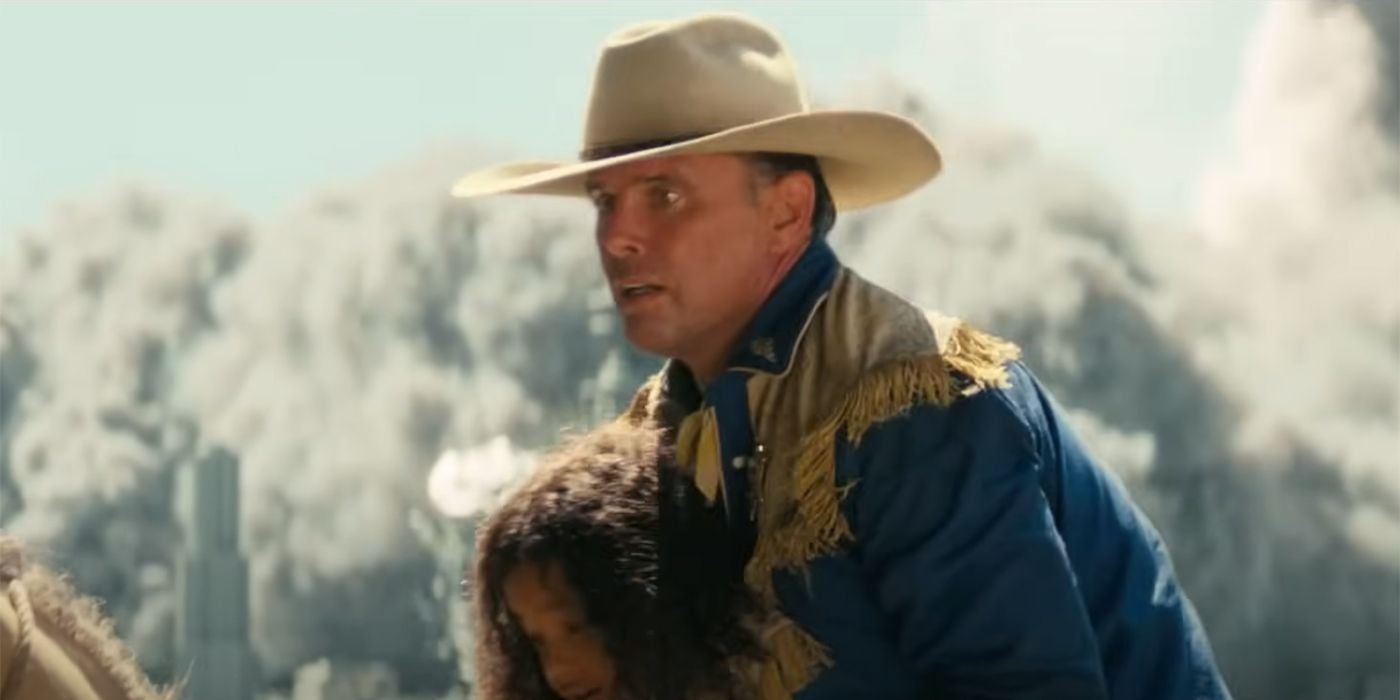
“War never changes” encapsulates the idea that no matter how much society appears to evolve, the ways of humanity remain the same. This is reflected by the lines that follow “war never changes” in the Fallout game intros, as they typically discuss historical wars in order to get across the notion that no matter how different these conflicts may seem, they ultimately still happen because of humanity’s fundamental flaws. In other words, the technology a civilization possesses nor the laws that govern them will stop people from fighting and potentially wiping each other out.
“War never changes” serves as an explanation for why the apocalypse even happened in the first place. The basic human impulse to wage war made the Great War (and its consequences) inevitable. With people’s resources becoming more advanced as time passed, its capacity for destruction grew. So while the launch of a nuclear weapon represented a major change in what society had become capable of, humanity’s potential to bring about that kind of harm was always there, according to the philosophy behind Fallout. This demonstrates the importance of the line to the backstory of the apocalypse, but its important to note that its relevance goes beyond that.
Rather than just epitomize what caused it, it also foreshadows everything that the player experiences in the Wasteland. Societal order as it once was may be gone at this point in the Fallout timeline, but the guiding principle of “war never changes” remains intact, as evidenced by the continued conflicts between opposing factions and survivors in general. This is witnessed throughout the games, as groups like the Brotherhood of Steel and the Raiders are constantly perpetrating bloodshed. This line of thinking is also put into words in a different way by Maximus, who described the destruction of Shady Sands as “the same thing that always happens.”
How Fallout’s Show Makes “War Never Changes” Even More Significant
The line was part of an argument that set the apocalypse in motion
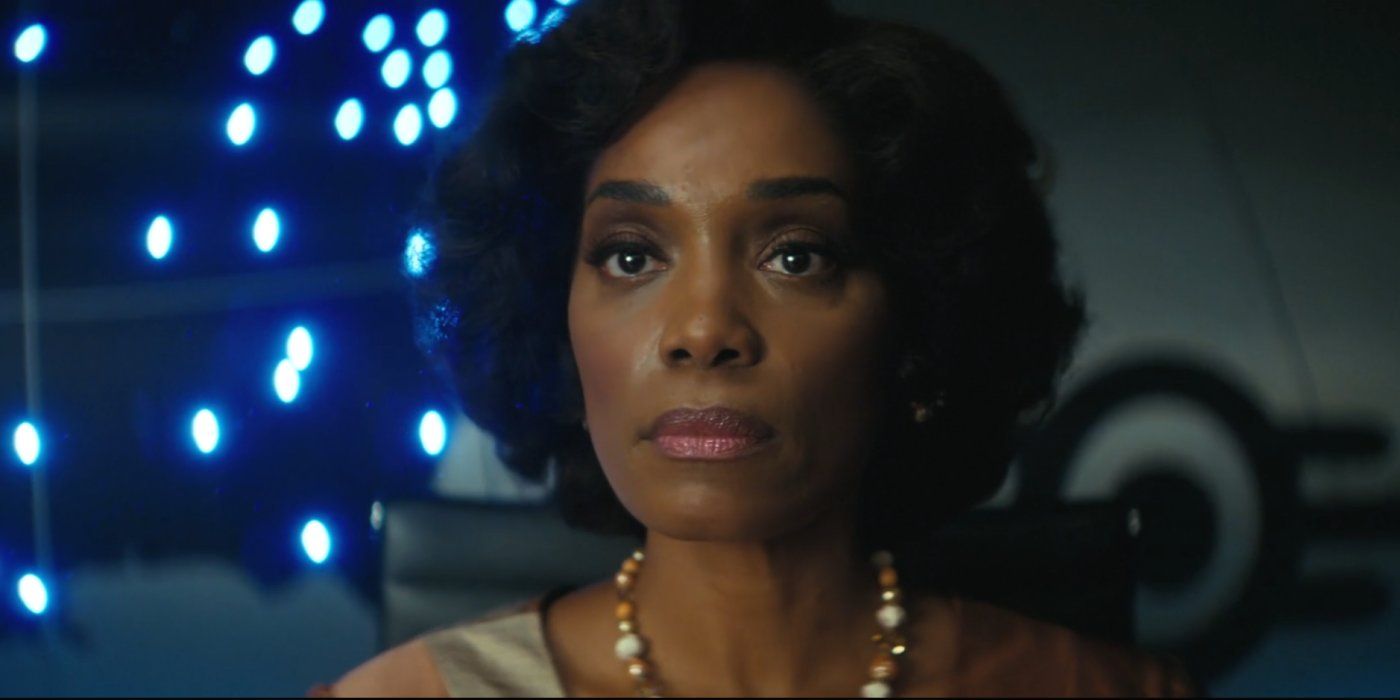
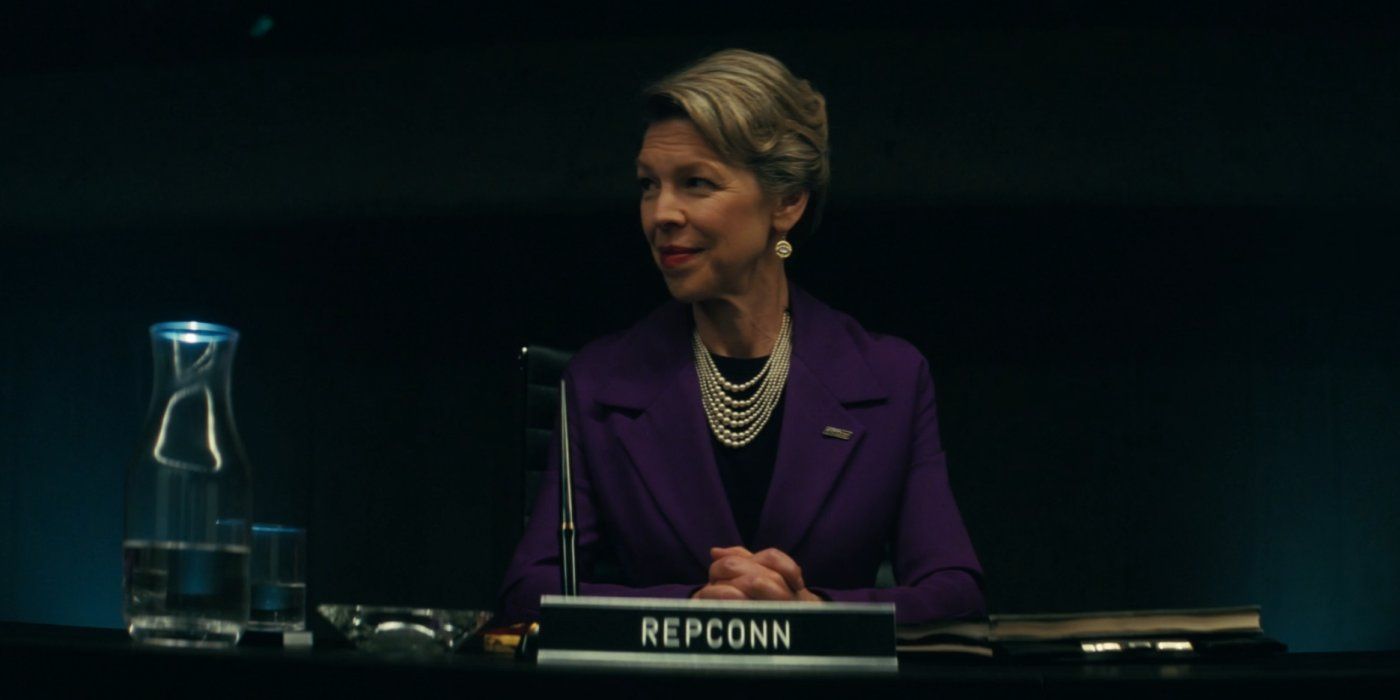
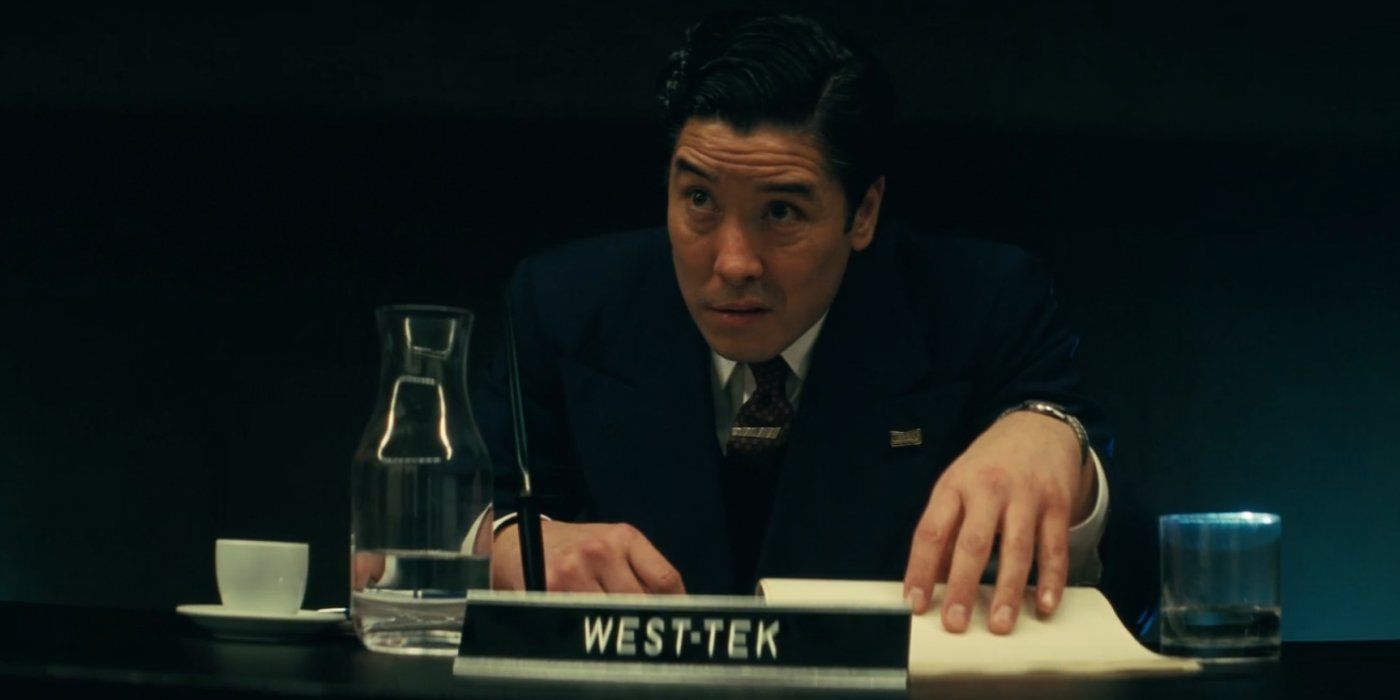
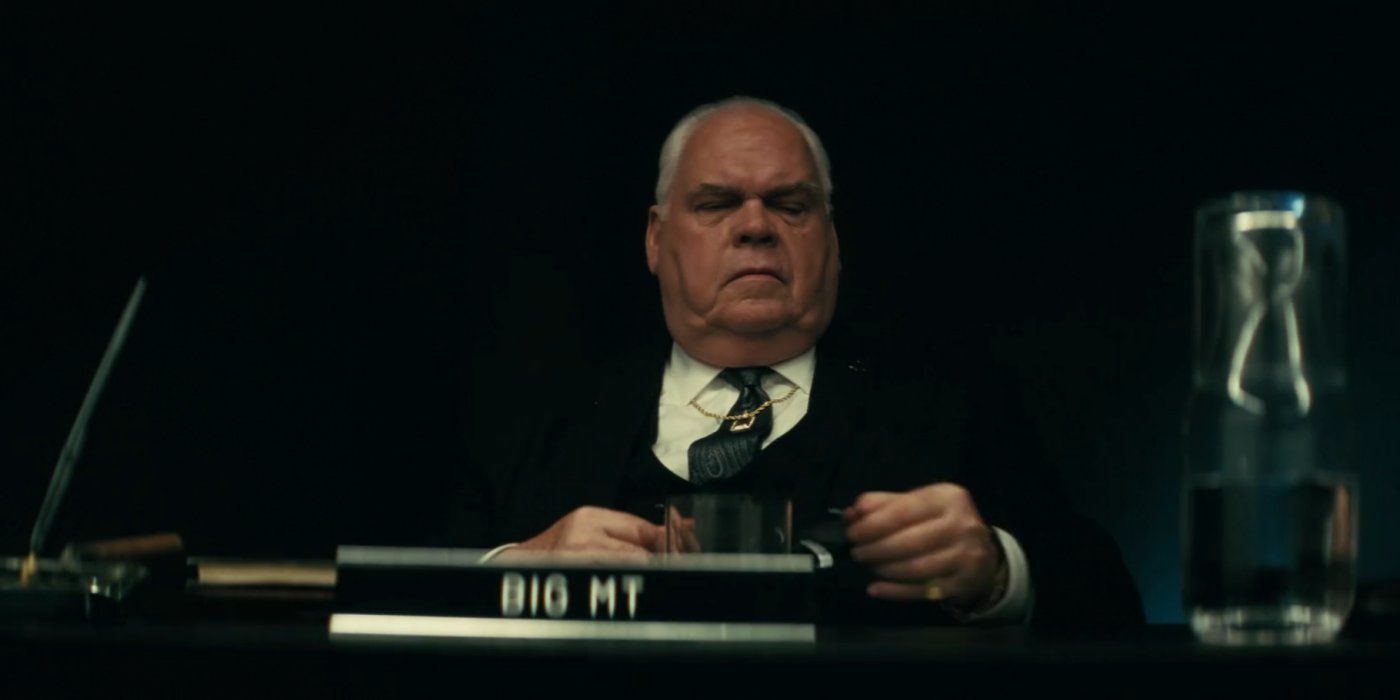
This definition matches up with the context of Barb’s use of the line in the Fallout season 1 finale when she’s addressing the other company executives. She felt that it was necessary that Vault-Tec drop the bomb and make sure their plans take shape because of the unchanging nature of the world. She talked about how society will continue to be plagued by war because of its lack of “intentional guidance.” As Barb says, it’s Vault-Tec’s view that they have to be the only ones left so that war will become “obsolete.“ As they see it, that won’t happen without the fall of civilization since “war never changes.”
This adds a deeper level of significance to Fallout’s most iconic line. The Vault-Tec meeting confirmed that it was the very expression of the view that “war never changes” that helped paved the way for the apocalypse 219 years ago. Not only does it symbolize the cause of the Great War, but it was apparently what convinced the other people in the meeting to accept Vault-Tec’s plans for the world’s future. As it turns out, the quote played a more direct role in the downfall of civilization than any of the characters in Fallout could have ever imagined.

